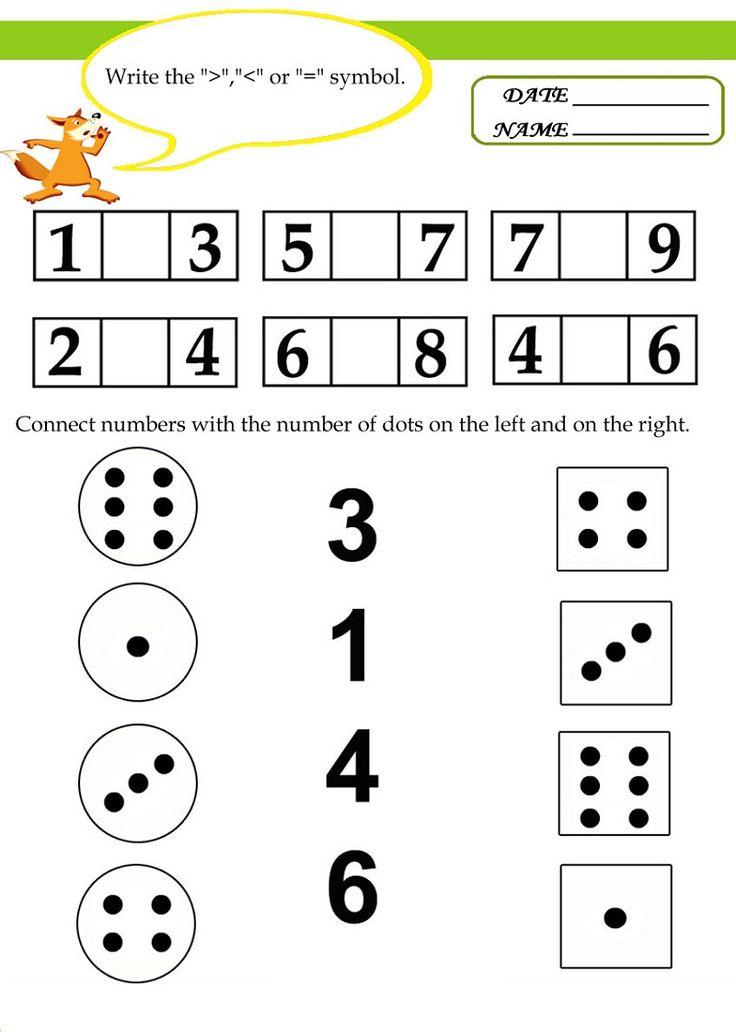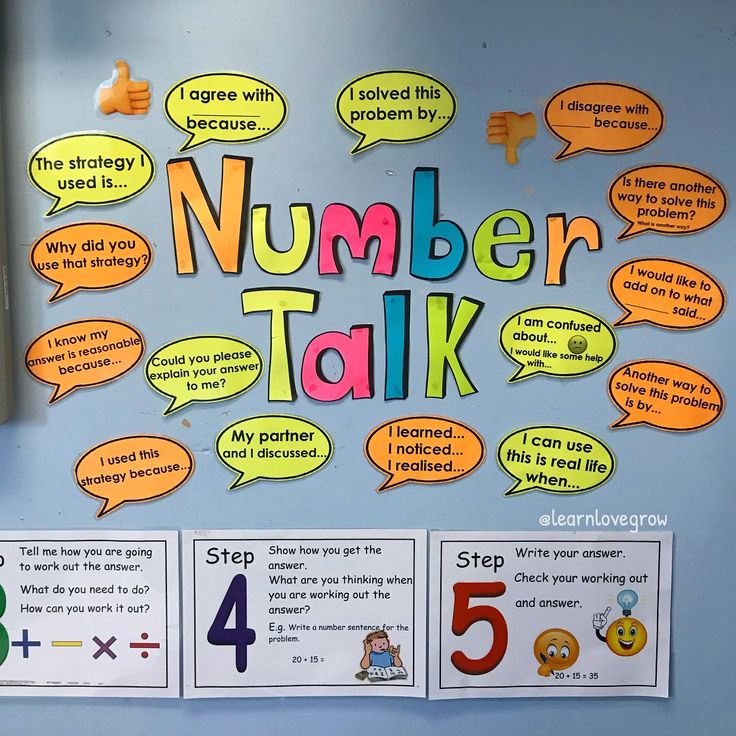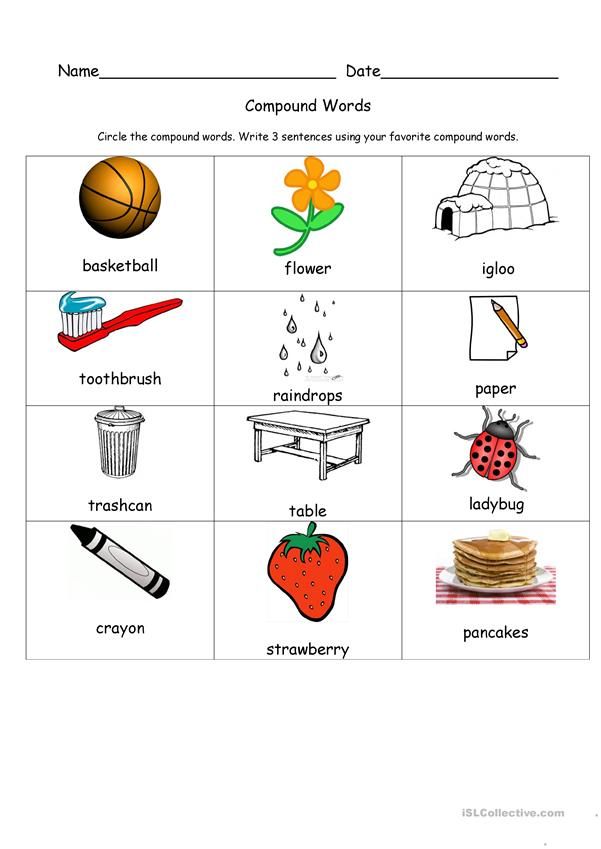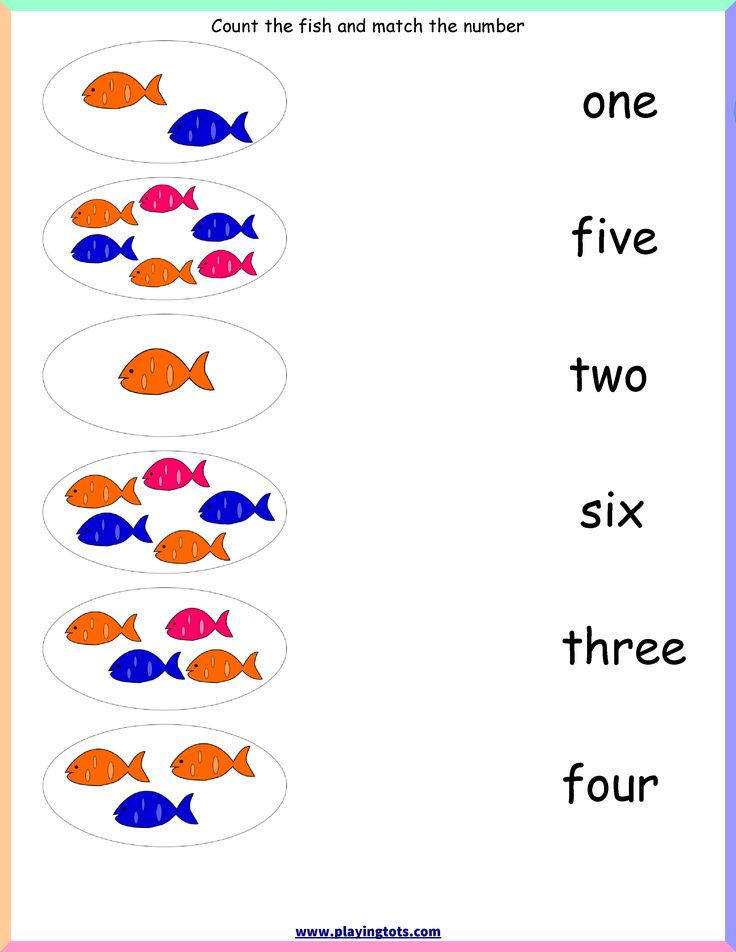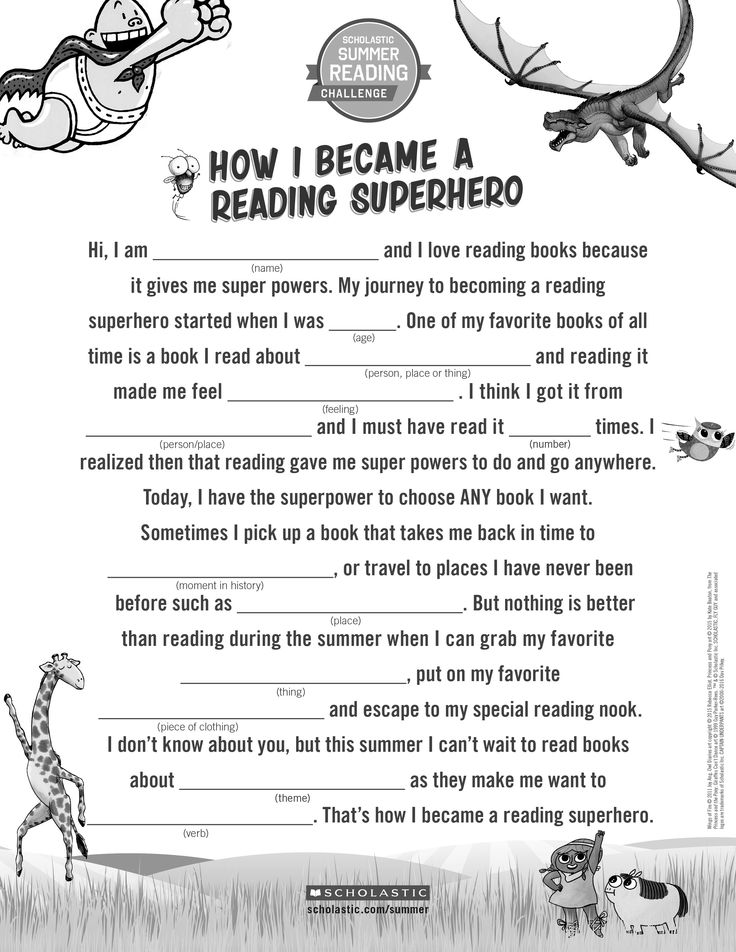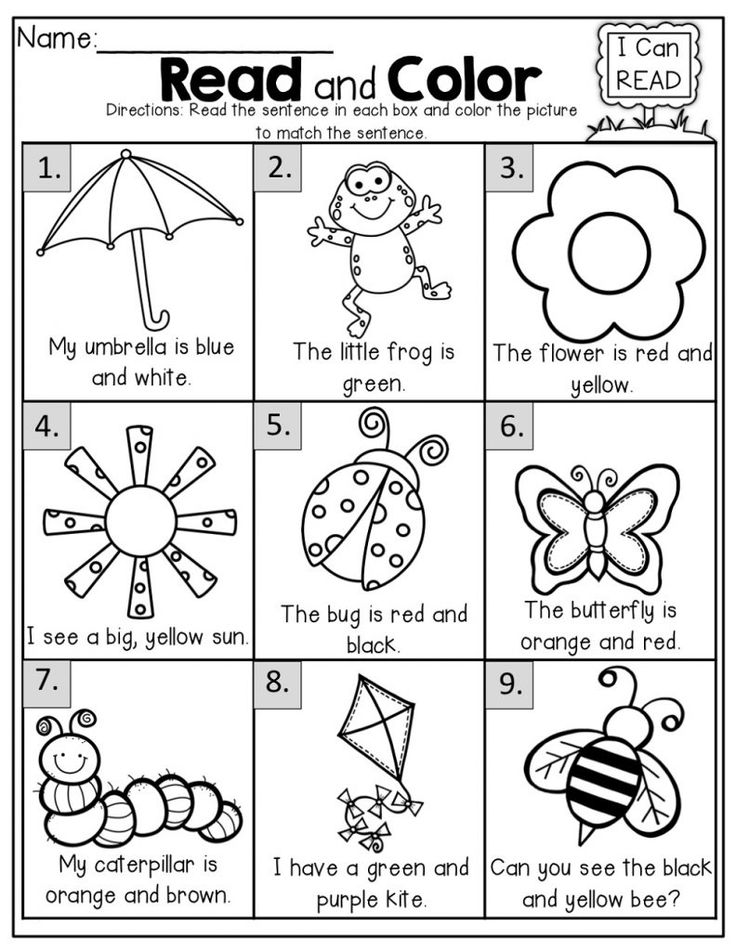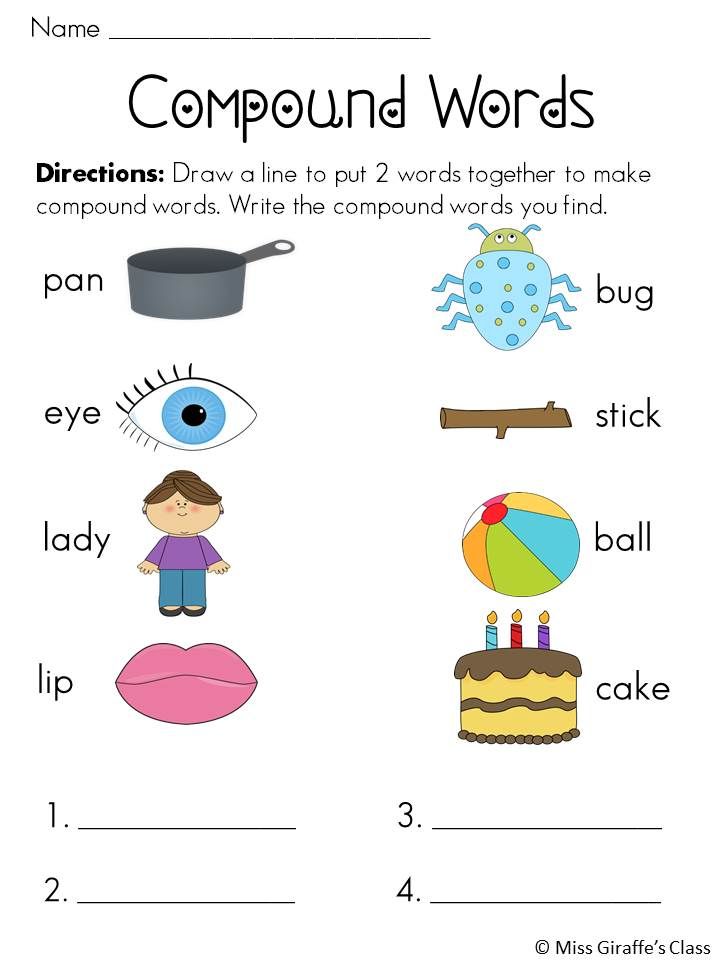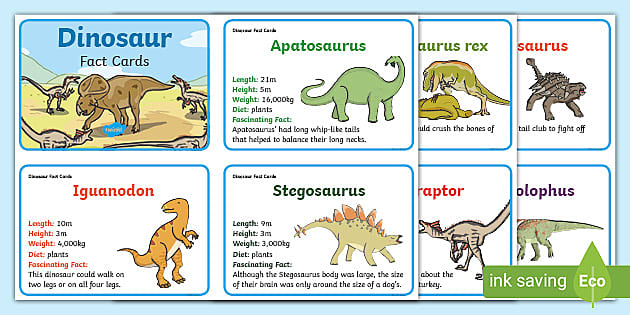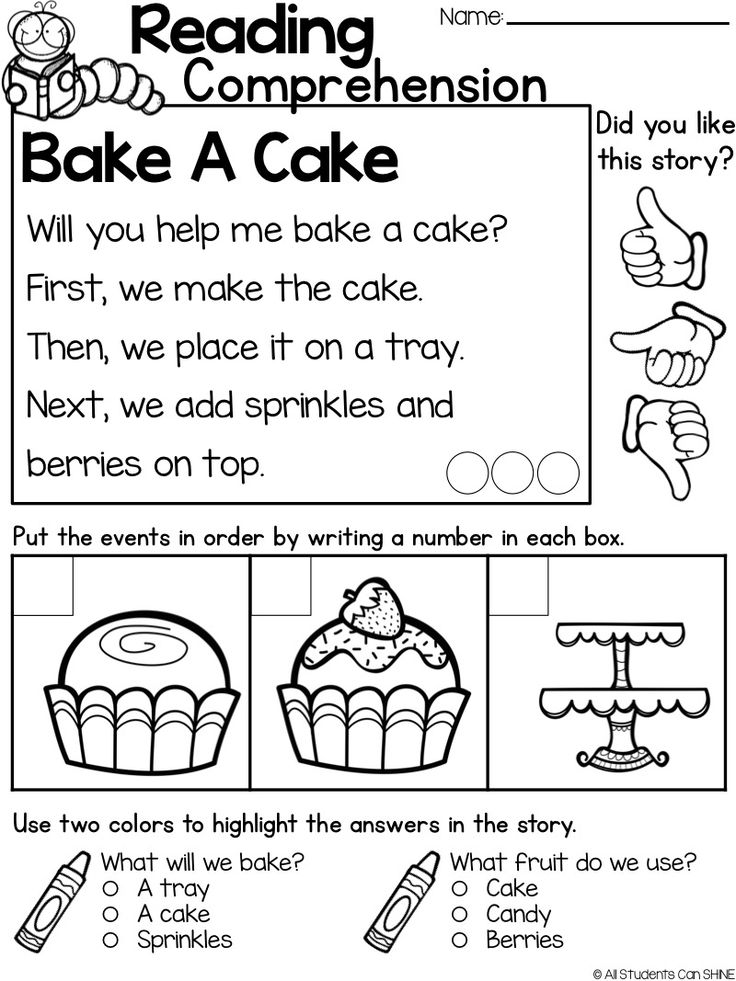Encouraging kids to read
Tips for Encouraging Kids to Read
1."Read me a story!"
Nearly every suggestion sent in by our tip-sters had this message at its core. Whether snuggled under the covers with peanut-butter sandwiches, or following along with a book on tape while on a road trip, reading together is a powerful tool in motivating your child to read.
2. Beyond books
Our tip-sters were quick to point out that reading material comes in many different shapes and sizes, some of which may be more accessible to a new reader. Video games, magazines, and comic books all provide opportunities for reading practice. Other suggestions for sneaking under a wary child's reading radar include playing board games that involve written instructions, corresponding with a pen pal, and turning on the closed captioning on your television. To illustrate the practical side of reading, have your child help you with the grocery list, or leave reminder notes for your child to discover throughout the day.
3. Keep it fun, for everyone
Another message that came through loud and clear was that if kids are going to enjoy reading, the experience has to be enjoyable. As you read with your children, keep them involved by asking questions about the story, and let them fill in the blanks. You can also create activities related to the stories you're reading. In one household, reading Little House on the Prairie prompted lively games of "wagon-train" and discussions about life on the frontier. Another family likes to create mini-plays, acting out the stories they read. While her grandson "helps" in the garden, one grandmother spells words for him to write out using a muddy stick. Once the word is complete, the two of them sound it out together, wipe the word away, then move onto the next. This reading game keeps her grandson occupied for hours.
4. "Look at what I did!"
Another successful approach to motivating your child is to use some sort of visible record of achievement.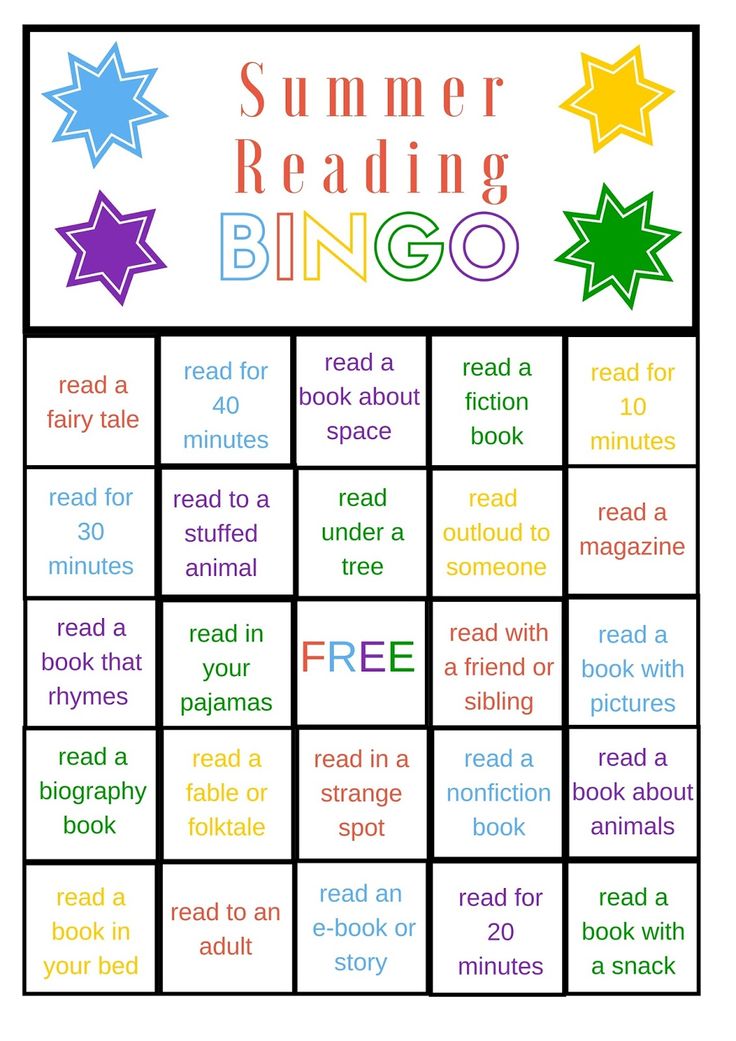 A chart or graph that marks the number of books a child has read gives him or her a sense of accomplishment. To spice it up a bit, choose a theme that goes along with your child's interests. One example would be a Reading Olympics, where the child goes for the gold by reading a certain number of books.
A chart or graph that marks the number of books a child has read gives him or her a sense of accomplishment. To spice it up a bit, choose a theme that goes along with your child's interests. One example would be a Reading Olympics, where the child goes for the gold by reading a certain number of books.
A similar method can be used to help expose your child to the wide variety of genres available for exploration. Create a Bingo card or Passport where each space can be filled in by reading a mystery book, or a piece of non-fiction, to give a few examples. Once the goal has been reached, reward your child with something to celebrate his or her special achievement. It doesn't have to be anything elaborate – one-on-one time with a parent or teacher, or an ice cream cone are suggestions from our tip-sters – just something that lets your child know how proud you are of his or her accomplishment.
5. "I want
that one!"Reading should be a choice, not a chore. Make sure there are a variety of books, magazines, and other materials available for your child to choose from, wherever your child may be. Let your child's interests guide his or her reading choices. While it's fine to make suggestions, don't force your conceptions of what your child should be reading onto your child. And, keep an eye on the reading level of the books your children choose. Let them stretch to the best of their ability, but be ready to help if they get discouraged.
Let your child's interests guide his or her reading choices. While it's fine to make suggestions, don't force your conceptions of what your child should be reading onto your child. And, keep an eye on the reading level of the books your children choose. Let them stretch to the best of their ability, but be ready to help if they get discouraged.
6. Something to talk about
Reading doesn't have to stop when you put the book down. Talk to your child about books you've read and books you think he or she might enjoy. Point out similarities between everyday events and stories you have recently read. If your child has a favorite author, help your child write him or her a letter. For a more structured discussion, consider joining, or starting, a parent/child book club.
7. Hey, kids! What time is it?
Regardless of how motivated your child is, he or she will not read if there isn't any time to do so. Carve time out of the busy day and dedicate it to reading, both together and on your own. By setting aside specific times, rather than trying to squeeze it in between soccer and dance lessons, you send the message that reading is an important activity, and something your child will enjoy.
By setting aside specific times, rather than trying to squeeze it in between soccer and dance lessons, you send the message that reading is an important activity, and something your child will enjoy.
14 Ways to Encourage Grade-Schoolers to Read
It’s easier for kids to build reading skills when they enjoy reading. They practice more, and they feel more motivated to take on reading challenges. Try these tips to encourage your child to read — and hopefully build a love of reading.
1. Read it again and again.
Encourage your child to read familiar books. If your child wants to take the same book out of the library for the 100th time, that’s just fine. Re-reading helps build speed and accuracy. And that can help build confidence for kids who learn and think differently.
2. Make reading real.
Connect what your child reads with what’s happening in real life. For example, if you’re reading a story about basketball, ask questions about when your child learned to shoot hoops and how similar it was to the kids’ experience in the story.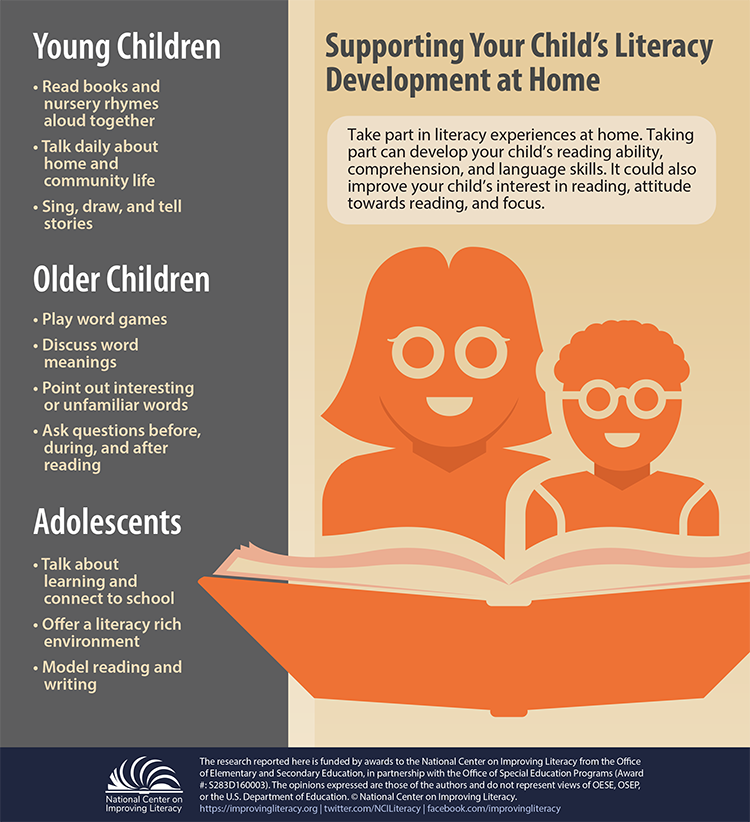
You can also look for follow-up activities that make stories come to life. If the book references kites, ask your child to brainstorm fun kite-related activities, like how to make a kite. Hands-on activities like these can keep kids engaged with the topic.
3. Don’t leave home without something to read.
Bring along a kid-friendly book or magazine any time you know your child will have to wait in a doctor’s office, at the DMV, or anywhere else. Stories can help keep your child occupied. And the experience will show that you can always fit in time to read.
4. Dig deeper into the story.
Help your child engage with a story by asking questions about the characters’ thoughts, actions, or feelings: “Why does Jack think it’s a good idea to buy the magic beans? How does his mother feel after she finds out?” Encourage your child to connect to the story through experiences you may have had together.
5. Make reading a free-time activity.
Try to avoid making TV the reward and reading the punishment.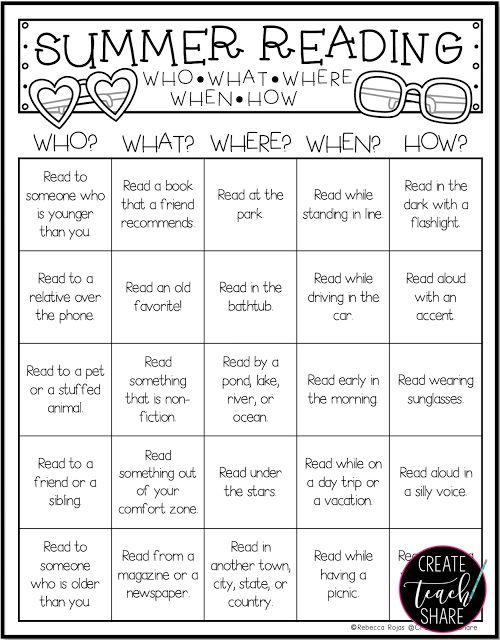 Remind your child there are fun things to read besides books. And set a good example for your child by spending some of your free time reading instead of watching TV — and then talking about why you enjoyed it.
Remind your child there are fun things to read besides books. And set a good example for your child by spending some of your free time reading instead of watching TV — and then talking about why you enjoyed it.
6. Take your time.
When your child is sounding out an unfamiliar word, leave plenty of time to do it, and praise the effort. Treat mistakes as an opportunity for improvement. Imagine your child misreads listen as list. Try re-reading the sentence together and ask which word makes more sense. Point out the similarities between the two words and the importance of noticing the final syllable.
7. Pick books at the right level.
Help your child find books that aren’t too hard or too easy. Kids have better reading experiences when they read books at the right level. You can check your choices by having your child read a few pages to you. Then ask questions about what was read. If your child struggles with reading the words or retelling the story, try a different book.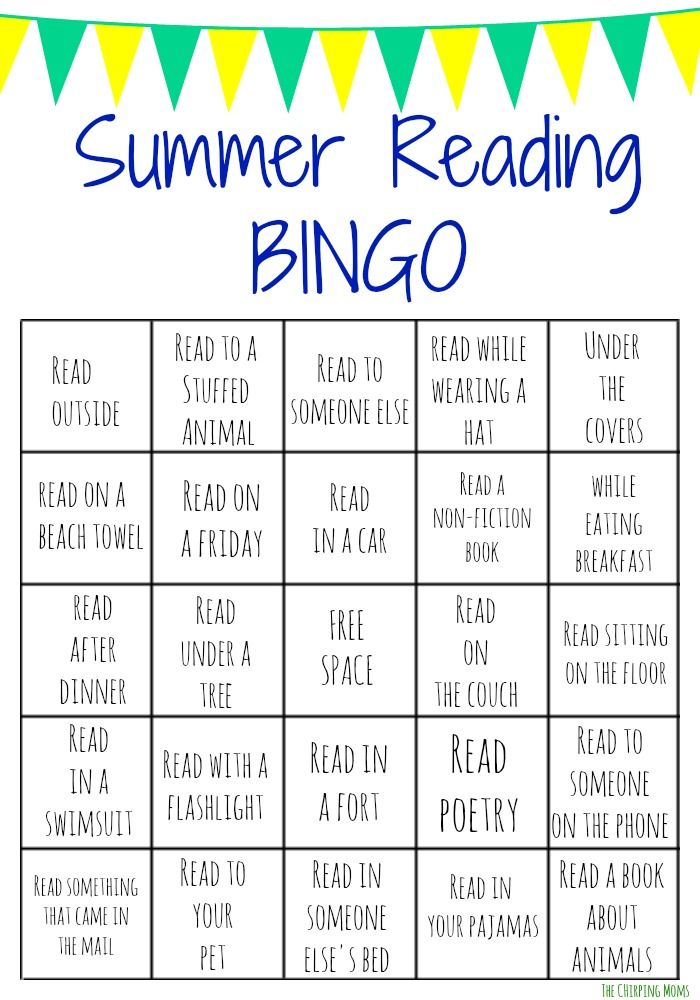
8. Play word games.
Use word games to help make your child more aware of the sounds in words. Say tongue twisters like “She sells seashells by the seashore.” Sing songs that use wordplay, like Schoolhouse Rock’s “Conjunction Junction.” Or swap out the letters in words to turn them into new words. (For example, map can become nap or rap if you change the first letter, man if you change the final letter, and mop if you change the middle.)
9. Read to each other.
Take turns reading aloud during story time. As your child grows as a reader, you can gradually read less and let your child take the lead more often. If you have younger kids, too, encourage your older one to take on the responsibility of reading to them.
10. Point out the relationships between words.
Talk about words whenever you can. Explain how related words have similar spellings and meanings. Show how a noun like knowledge, for example, relates to a verb like know.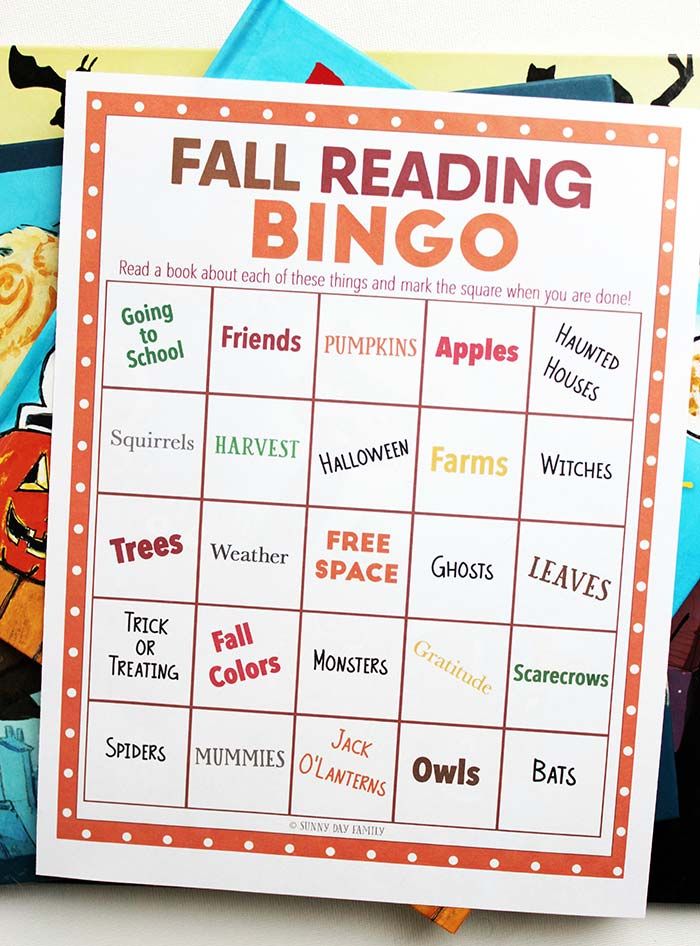 Point out how the “wild” in wild and wilderness are spelled the same but pronounced differently.
Point out how the “wild” in wild and wilderness are spelled the same but pronounced differently.
11. Make books special.
Kids who have trouble with reading may try to avoid it because it makes them feel anxious or frustrated. Try to create positive feelings around reading by making it a treat. Get your child a library card or designate special reading time for just the two of you. Give books as gifts or rewards.
12. Make reading creative.
Change up reading activities to play to your child’s strengths. If your child loves to draw or make things, create a book together. Fold paper and staple it to resemble a book. Work together to write sentences on each page and have your child add illustrations or pictures. Then read it out loud together.
13. Let your child choose.
Some kids prefer nonfiction books. Some love only fantasy or graphic novels. Or maybe your child prefers audiobooks or reading things online. The important thing is to practice reading, no matter where or how it happens.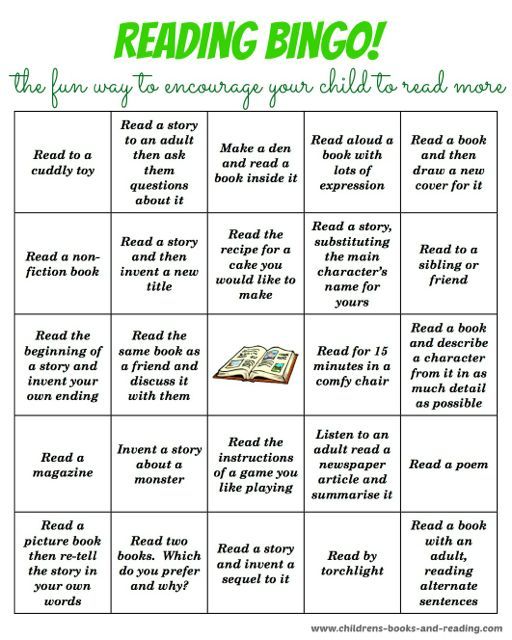
14. Look for a series of books.
Ask a librarian or a teacher for suggestions about popular book series your child might like. Reading a series of books helps kids get familiar with the tone, characters, and themes. This familiarity can make the next books in the series easier to grasp.
Get tips on fun books for reluctant readers. You can also check out book picks from our community.
Tips for encouraging children to read
Reading is very important for children. It develops their imagination, they acquire vocabulary, they develop memory, they learn concepts, they enjoy being alone, and it contributes to their ability to concentrate. It is the foundation of all learning, which is why it is so important to encourage reading in children.
This is a habit of leisure and growth to be instilled in the home. Here are some tips to help kids love reading from an early age. nine0003
Index
- 1 Reading Reading in children
- 2
- It will stimulate the language and increase vocabulary. They learn words faster.
- Improves the ability to express and understand.
- This encourages their attitude towards listening and attention. nine0012
- It helps them increase their self-confidence.
- Improves emotional bonds for the union of father, mother and child.
- Increase the use of imagination and fantasy world.
- Improves the psychological and affective development of children.
When to encourage reading
It is recommended to encourage reading as they are babies . To do this, you do not need to wait until they learn to speak. We can start to inculcate the reading of stories. nine0019 Although they cannot read, it is very important for their brain development to stimulate them with reading. . In this case, not to teach them to read, but to convey the pleasure of reading.
Ideally, they should read no more than half an hour a day and whenever they want (not tired, not hungry, not irritable). For them, books is a toy , will show more attention to those who are more visual.
There are a lot of children's stories for babies on the market to develop their senses : with sounds, smells, different fabrics, stickers... Baby will bite and suck, don't be scared. It's your way of saying you like it. You can ask libraries, toy libraries, and bookstores for advice.
Enjoy these fantasy moments together to voice characters and surprise each other on every page. These are memories you will never forget.
As they grow, their love of reading will grow if we know how to stimulate them in the right way. nine0019 To choose the right books, we must proceed from the stage of maturity of the child and his tastes. As images grow, they lose size and text gets larger. They increase and become more complex depending on the development of the child.
They increase and become more complex depending on the development of the child.
Tips to Encourage Reading in Children
- Take Your Time and Create Reading Modes . Find a place and time for daily reading, like before bed.
- Freedom of choice . Don't force any reading on it, even if you've seen it recommended somewhere. Let your child freely choose which book to read. You can suggest different books, but let him make the final decision. nine0012
- Do not force reading . Don't force him to read and don't associate reading with learning. Reading should be understood as a game, something fun, where they are given pleasure. If they see it as a duty, they will understand it. You can suggest but not impose, reading is not a task.
- Keep books close at hand . Put them in places where they can easily access them.
- Read with him.
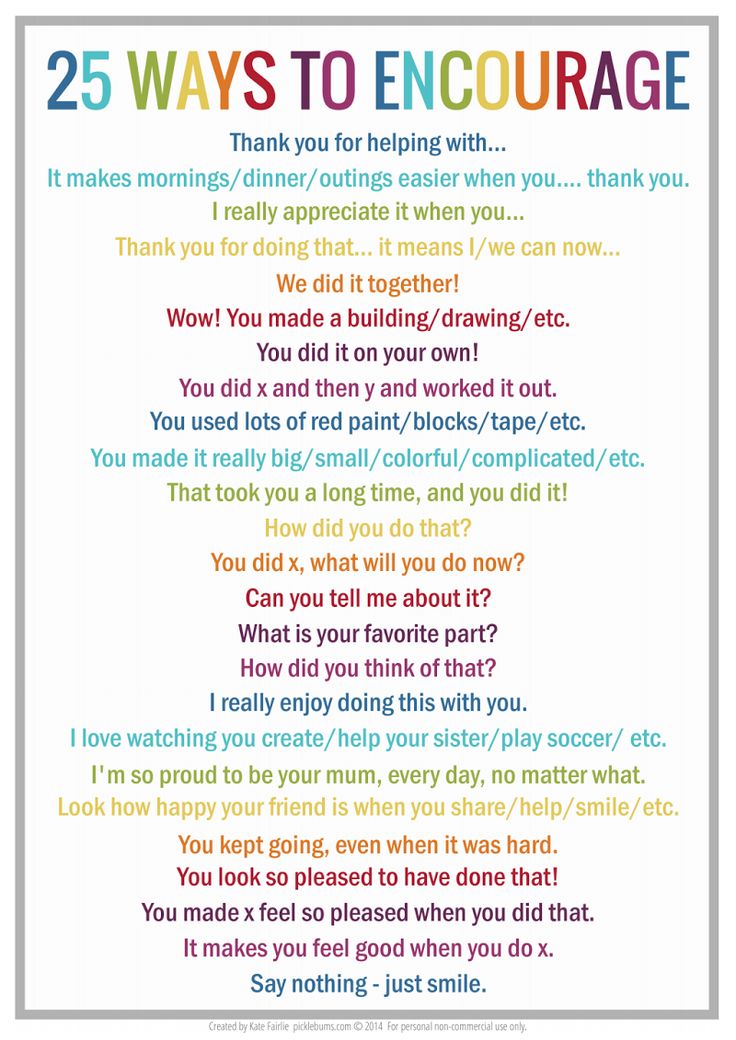 When you're done, you can talk about which part or which character you liked best, which will improve your learning and reasoning. nine0012
When you're done, you can talk about which part or which character you liked best, which will improve your learning and reasoning. nine0012 - Encourage him to create his own stories. It will increase your imagination, creativity, grammar and spelling.
- Visit bookstores, libraries, and participate in activities that encourage reading.
- Give them books . Instead of a lot of toys, choose books for gifts.
- Give an example of . The best way to teach them is by example. If the child sees at home that older people spend time reading as a hobby, it will also be easier for them to make it a habit. nine0012
Because remember... encouraging the habit of reading is one of the best gifts you can give your children.
The content of the article complies with our principles of editorial ethics. To report a bug, click here.
You may be interested in
How to teach a child to read: 13 tips for parents
Many parents face a problem: children flatly refuse to pick up a book.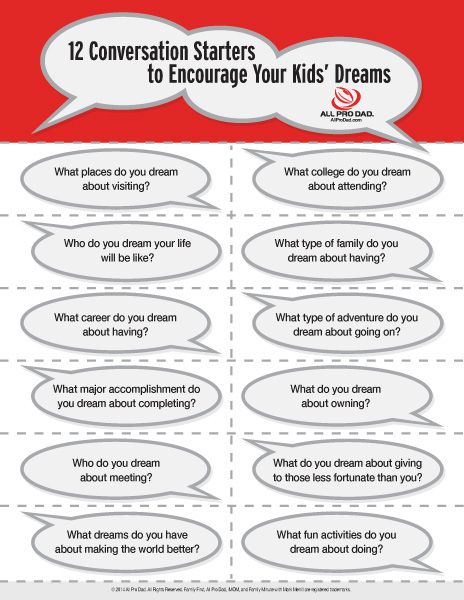 Teaching a child to read is half the task. It is important to instill love so that reading is not a necessity, but a pleasant and interesting activity. Based on research by neuropsychologists and educators, we have compiled a list of tips to help your son or daughter become interested in fairy-tale worlds and stories at an early age. To then take up useful literature with interest and with pleasure - for a new novel. nine0003
Teaching a child to read is half the task. It is important to instill love so that reading is not a necessity, but a pleasant and interesting activity. Based on research by neuropsychologists and educators, we have compiled a list of tips to help your son or daughter become interested in fairy-tale worlds and stories at an early age. To then take up useful literature with interest and with pleasure - for a new novel. nine0003
1. Lead by example
In such a responsible matter as education, one's own example is important. It's one thing - a family in which parents spend evenings with a book or a newspaper, but quite another - when dad can't tear himself away from the computer, and mom doesn't miss a single series. It is quite natural that a small child will not reach for a primer or a picture book if there is a tablet or smartphone with toys. So what to do? Read for yourself! A small child, looking at your interested face, furrowed brow or happy smile while reading, will understand that you know some secret.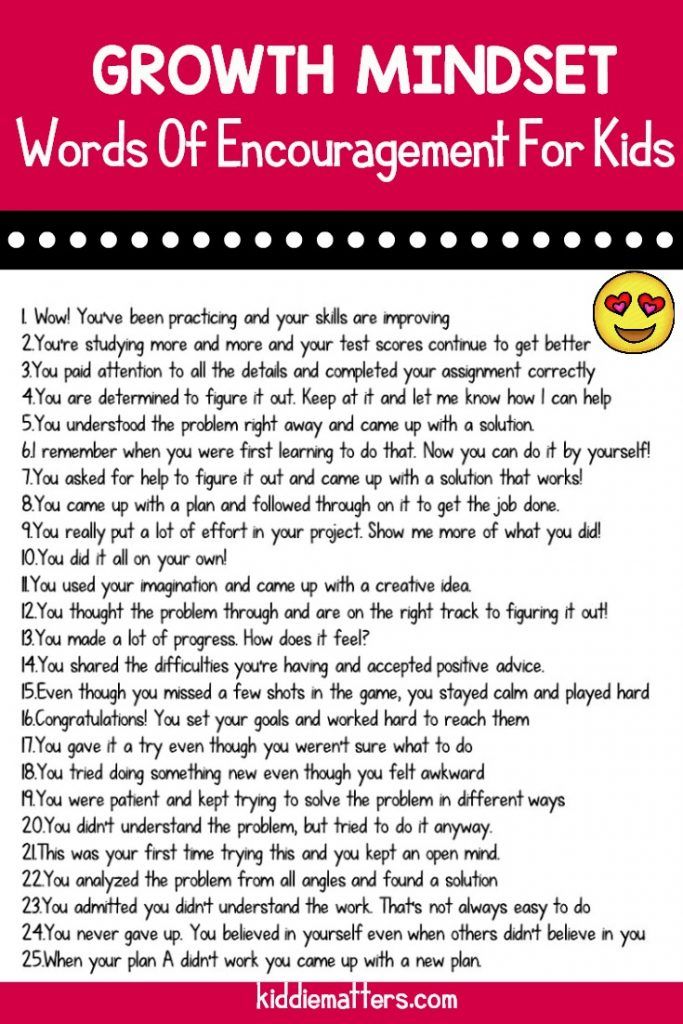 Surely he will want to join the sacrament. nine0003
Surely he will want to join the sacrament. nine0003
2. Explain the value of
Emphasize from your child's early years that a book is a value, not just paper and text wrapped in a colored cover. Do not throw away or scatter books. A book is not a toy, and even more so, children should not be allowed to tear the pages or draw on them. Every home should have a bookcase, and if you no longer need some books, you can donate them to the library or give them to friends.
3. Read aloud
Start by reading aloud - only in this way can a child learn to read by pronouncing sounds and gradually understanding the relationships of letters, syllables and words. Children love it when their parents role-play fairy tales, and then they themselves are drawn into the reading process. This brings together and is associated with the most pleasant and interesting pastime. But don't become a slave to reading - pass the initiative. A child can read to you, a grandmother, a favorite toy or a cat - it is not difficult to find a listener.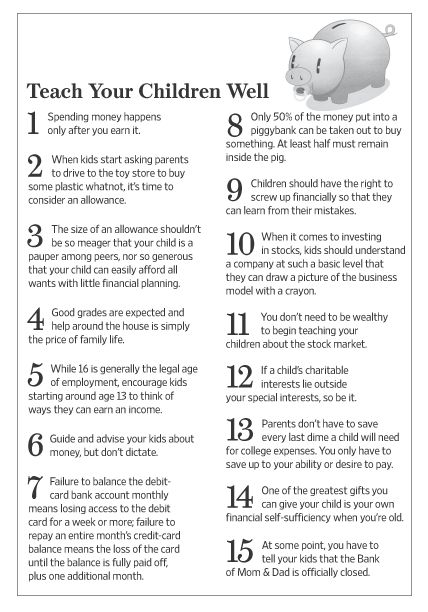 nine0003
nine0003
4. Praise
Yes, do not forget to praise reading with expression, when the child pronounces difficult words correctly and does not rush. A gentle touch, praise, encouragement with a chocolate or a toy will do the trick. The child will understand that reading is not so difficult, that he succeeds, that he can achieve even better results.
5. Interrupt
A technique that helps increase interest in the story and understand how important it is to be able to read. It's simple: when reading a book, stop at the most interesting place. Pretend that you remembered something and cannot continue until you write down an important thought. The child will not wait long - he is interested in continuing! If he already knows how to read, although he does it reluctantly, then he will take the book and finish it for you. Or he will understand that you will not always be able to read his favorite fairy tales, but reading yourself, in general, is still worth learning. nine0003
nine0003
6. Visualize
A verse, a fairy tale, a story can not only be acted out in faces, but also displayed in a drawing, symbols and diagram, and a plan drawn up. So the child will understand the text more clearly, since you will rely on key words and phrases. And remembering the “drawn” verse is much easier. In addition to the “here and now” fantasy, this method develops the imagination, which will be very useful in the future - at school lessons, at work, in difficult life situations.
7. Play
If your child sees a cupboard as an ark and a bread bagel as a car steering wheel, it will be easier for him to start reading and love reading as an interesting game. Some children have difficulty learning to read due to their developmental characteristics. This is primarily due to the lack of games at an early age. Reading is also a game, because it turns on the imagination. Reading without the ability to imagine objects and events is meaningless. And if the child cannot imagine and understand, he will be bored. nine0003
And if the child cannot imagine and understand, he will be bored. nine0003
8. Develop your imagination
Clients of neuropsychologists are children with impaired perception, attention, memory and logical thinking. Without all this it is difficult to fall in love with reading. But it is possible to help such children, of which there are a lot. For this, special educational games have been developed. Giving them at least 20 minutes a day, you can achieve great success in reading! Games tied to guessing letters, intonations, tongue twisters, associations will not seem like boring lessons, you will want to return to them again and again. nine0003
9. Show the world
A person who has never heard the singing of birds, who has not felt the breath of the wind and who has not plunged into sea waters, will not be able to imagine this. Some children literally grow up in greenhouse conditions: they rarely walk, move little, do not communicate with peers and do not experience new emotions. That is, they do not receive life experience. It is difficult for such children to fantasize. Bumping into descriptions and phenomena that they have not seen in life, they let them past their eyes and souls - they do not understand the meaning, they are not interested. Therefore, it is extremely important not only to spend time with a book, but also to show the child new pictures of the world. Discuss, pay attention to phenomena, touch objects, ask questions (“Look, this is a seagull. Why do you think it flies so low?”). nine0003
That is, they do not receive life experience. It is difficult for such children to fantasize. Bumping into descriptions and phenomena that they have not seen in life, they let them past their eyes and souls - they do not understand the meaning, they are not interested. Therefore, it is extremely important not only to spend time with a book, but also to show the child new pictures of the world. Discuss, pay attention to phenomena, touch objects, ask questions (“Look, this is a seagull. Why do you think it flies so low?”). nine0003
10. Take your time
It takes a long time to teach a child to read. If he fails, he has no desire, he protests - it will take even more time. Don't rely on teachers, you can do just as well! The authority for your child is yourself, and you have the opportunity to get closer, to transfer your knowledge and skills, habits, love for certain books, authors and publishers to him. Don't neglect it. nine0003
11. Make reading a reward
Having fallen in love with word games, the child will perceive these minutes and hours as a gift or a reward.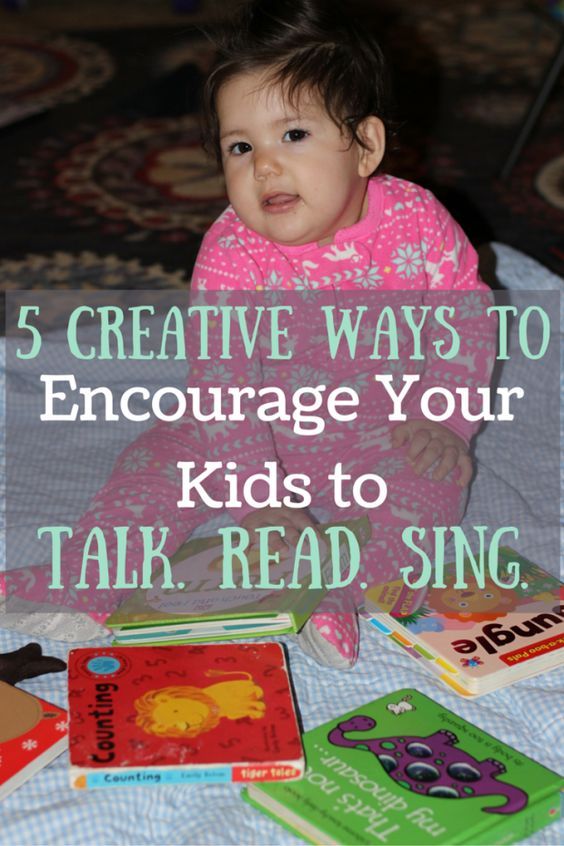 Removed scattered items? Well done! And now you can read. Through educational games, smoothly turning into reading, children learn to treat books with interest. Let reading together be your favorite pastime. And then you will increasingly hear the question: when are we going to read?
Removed scattered items? Well done! And now you can read. Through educational games, smoothly turning into reading, children learn to treat books with interest. Let reading together be your favorite pastime. And then you will increasingly hear the question: when are we going to read?
12. Discuss what you read
Turn reading into an additional topic of conversation: discuss what you read, give examples and analogies. Why did the hero act this way and not otherwise? Which of your family and friends does he look like? In a dialogue on the theme of the work, it will be easier for the child to understand the motives of actions, to remember the plot.
13. Turn reading into a ritual
If your child is no longer small, is in school, but has a disdain for reading, make it a habit to spend at least a few days a week on a book, both alone and with your child. And it should be approached with an arrangement - as a ritual. After all, it was not in vain that there was a tradition of evening readings, when the head of the family read out works, and the whole family listened with bated breath.

